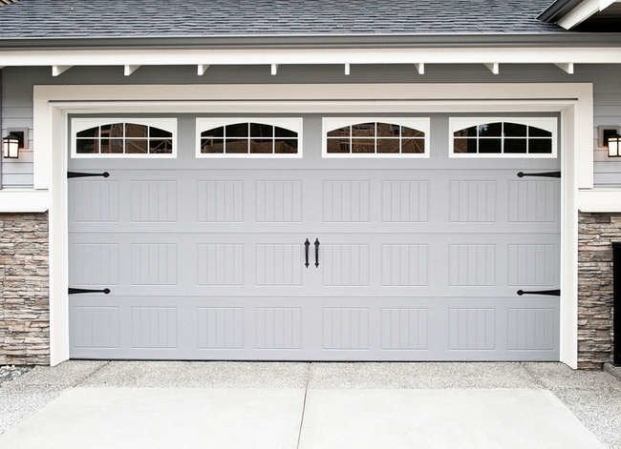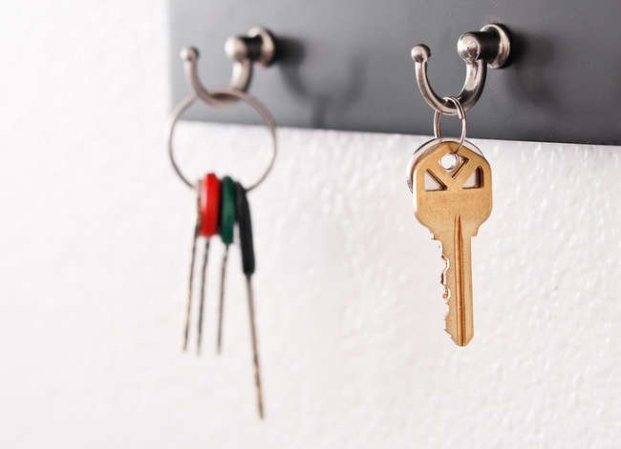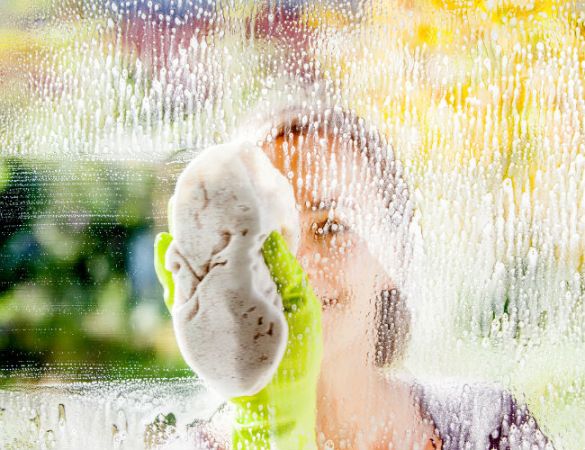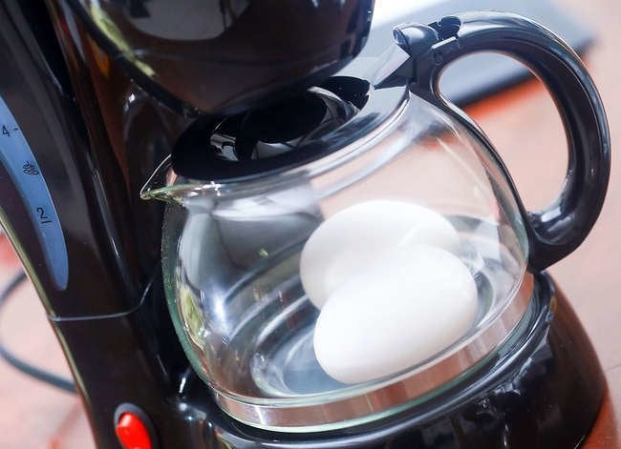We may earn revenue from the products available on this page and participate in affiliate programs. Learn More ›
HVAC System
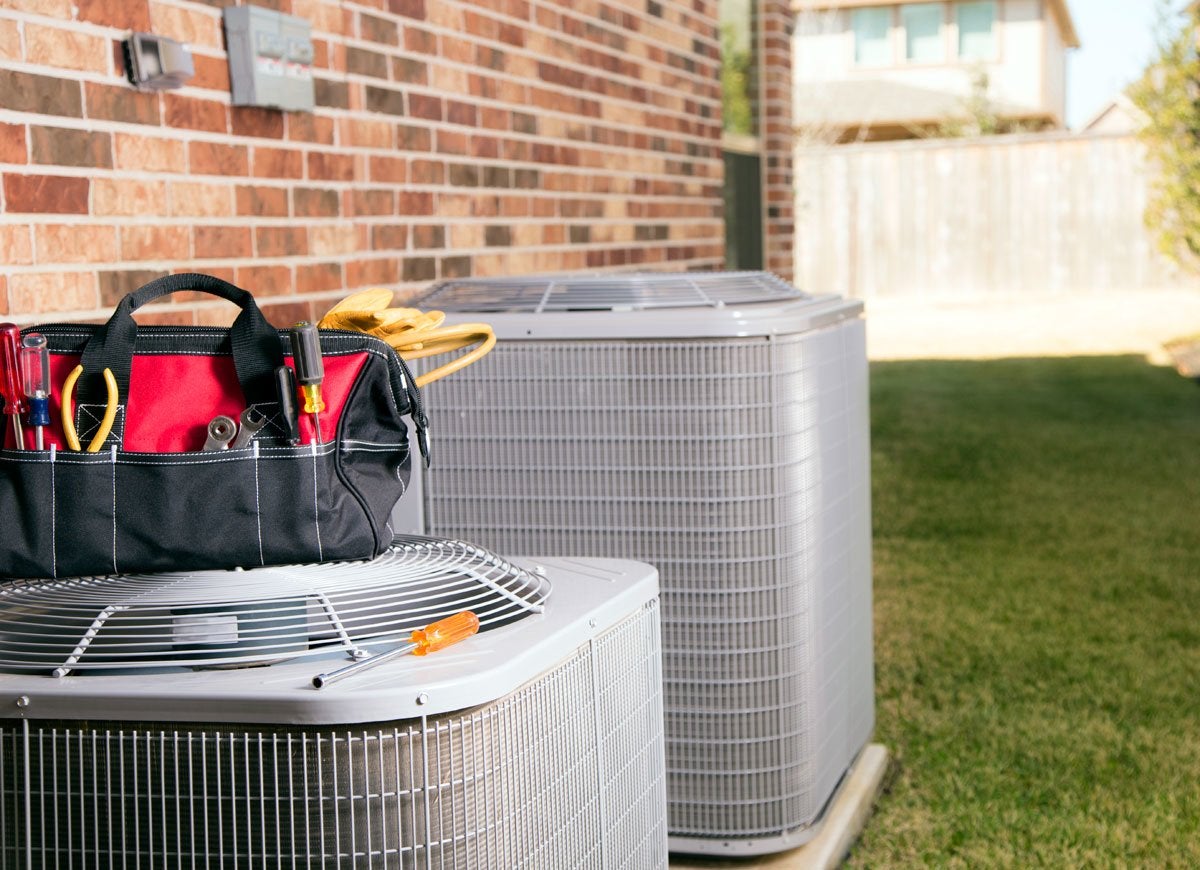
When one component of an HVAC system stops working, many homeowners order a replacement part and fix it themselves. Unfortunately, though, a DIY repair job could void the system’s warranty. Most HVAC manufacturers require approval for all repairs, which must then be performed by a licensed HVAC contractor. Additionally, if you don’t register your HVAC warranty within a specific time (often 6 to 12 months), your system may not be covered.
Roofing
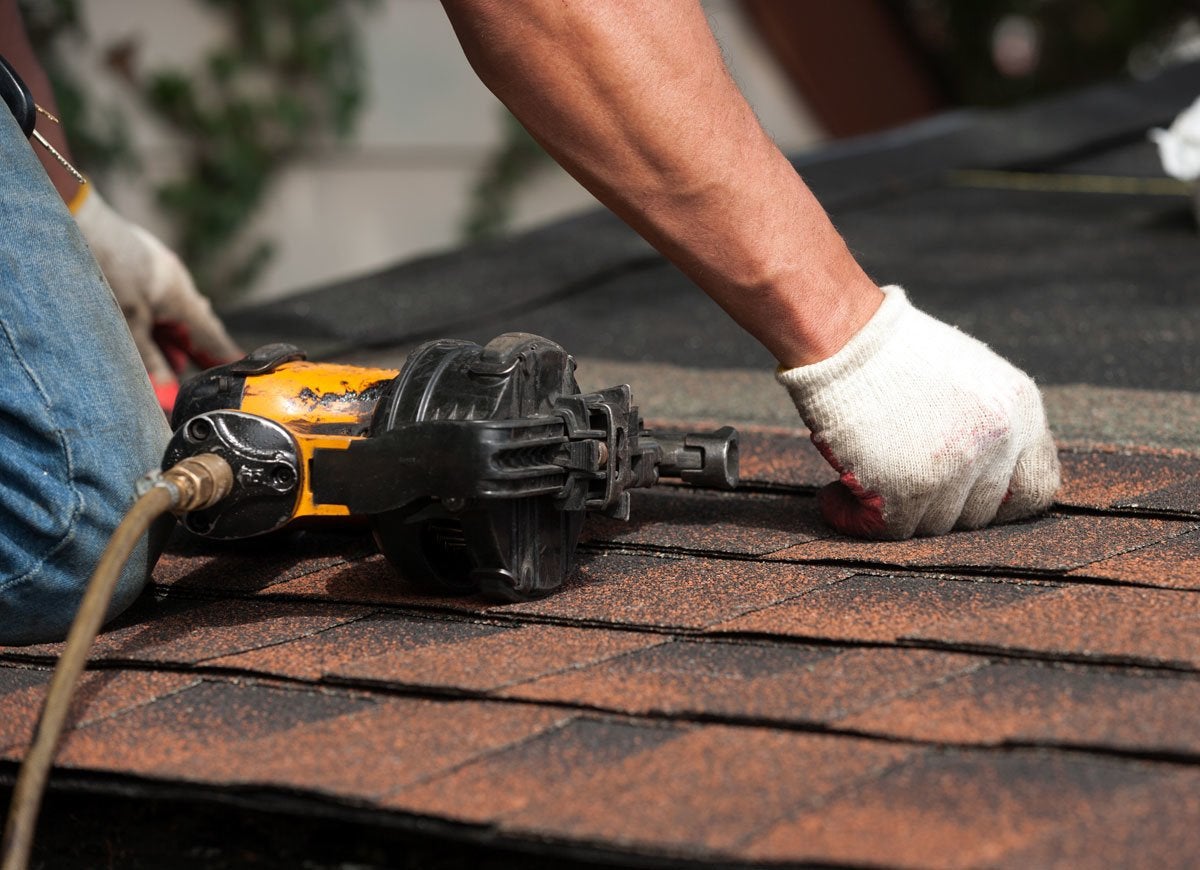
Very few home upgrades cost as much as a new roof, but manufacturers have strict warranty guidelines. If your shingles start flapping in the wind, you’ll have to demonstrate that a qualified contractor installed them to receive warranty benefits. Also, be careful with later add-ons: Installing something as simple as a satellite dish, an antenna, or a skylight on your roof could void the portion of your warranty that covers leaks.
Related: 7 Signs You Need a New Roof
Laminate Flooring
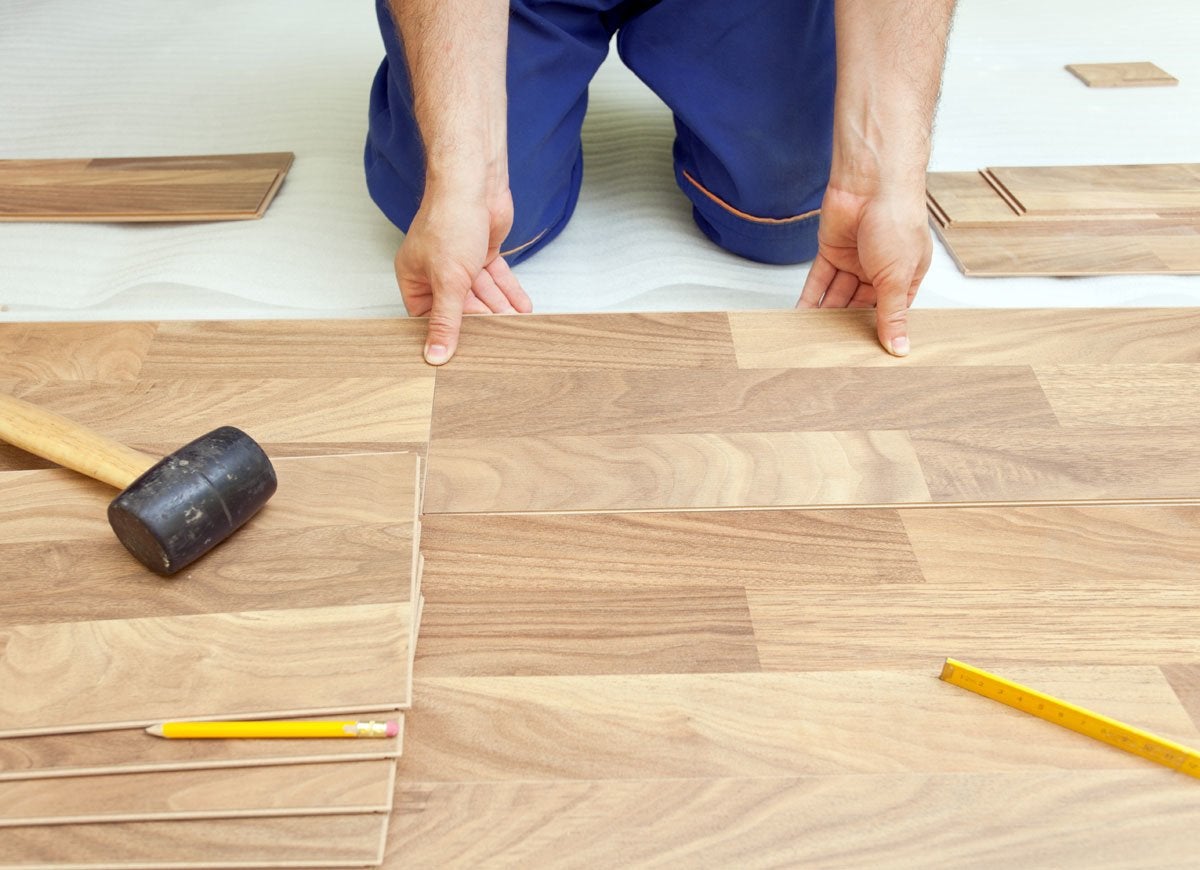
DIYers love laminate flooring because of its affordability and ease of installation, but if you put down laminate that’s not water resistant in a bathroom or laundry room, you’ve probably invalidated its warranty. That’s because laminate tends to buckle and warp with extended exposure to moisture. It’s also a good idea to read the warranty before cleaning laminate flooring, because mopping with certain products could damage the finish and void the warranty.
Related: The 7 Best Low-Cost Alternatives to Hardwood Flooring
Carpet
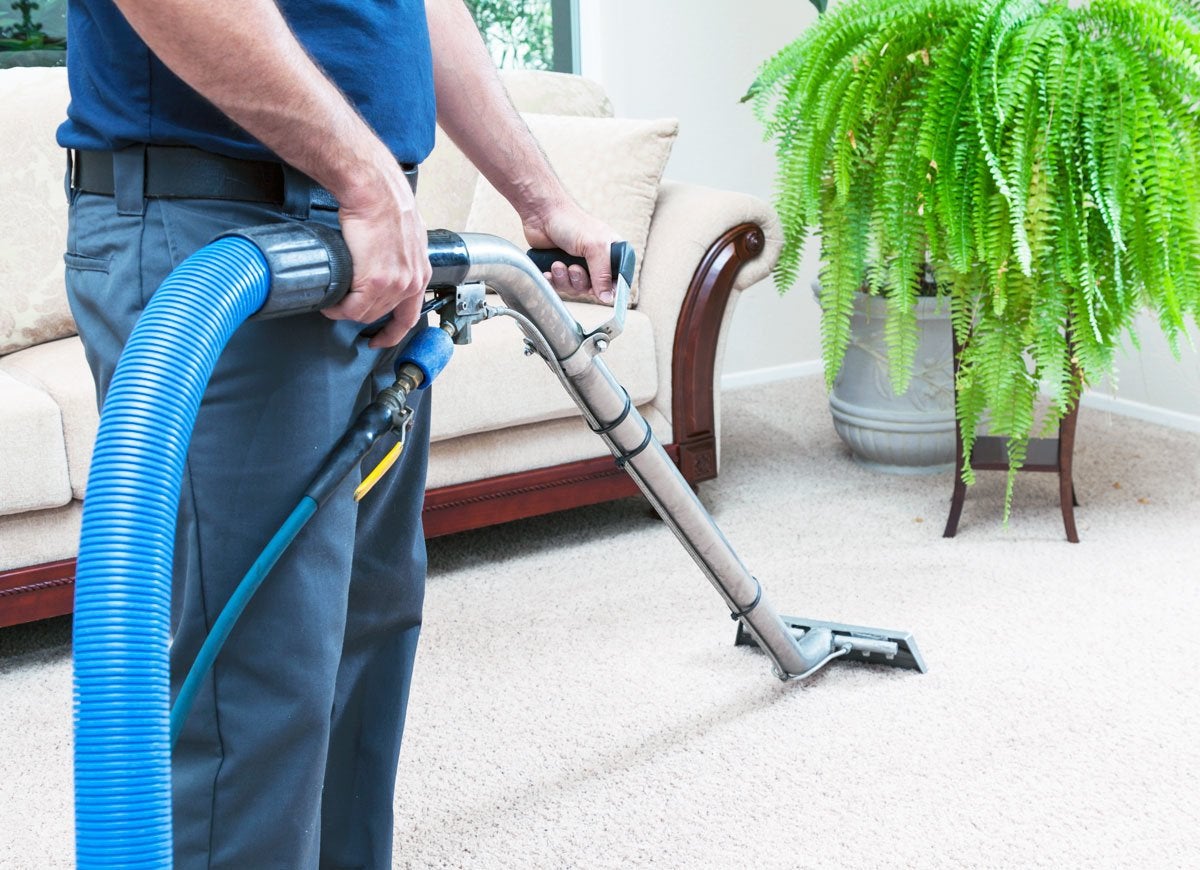
If you have high-quality stain-resistant carpeting, the manufacturer might cover damage resulting from pet urine. Other types of stains, such as those from spilled coffee and wine, are probably excluded. Deep cleaning your carpet with anything not recommended by the manufacturer can also void the warranty. Your best bet is to have your carpet professionally cleaned and keep all documentation from the cleaning in case you need to file a claim.
Siding

If a few planks of your siding have warped, or if the baked-on finish is coming off, you may have a valid warranty claim—as long as you don’t try to fix the problem yourself or hire the local handyman. Many major siding manufacturers specify that only companies certified to handle their product can install or fix it. Unapproved repairs will often void your warranty.
Related: 7 Signs Your House Needs New Siding
Exterior Paint
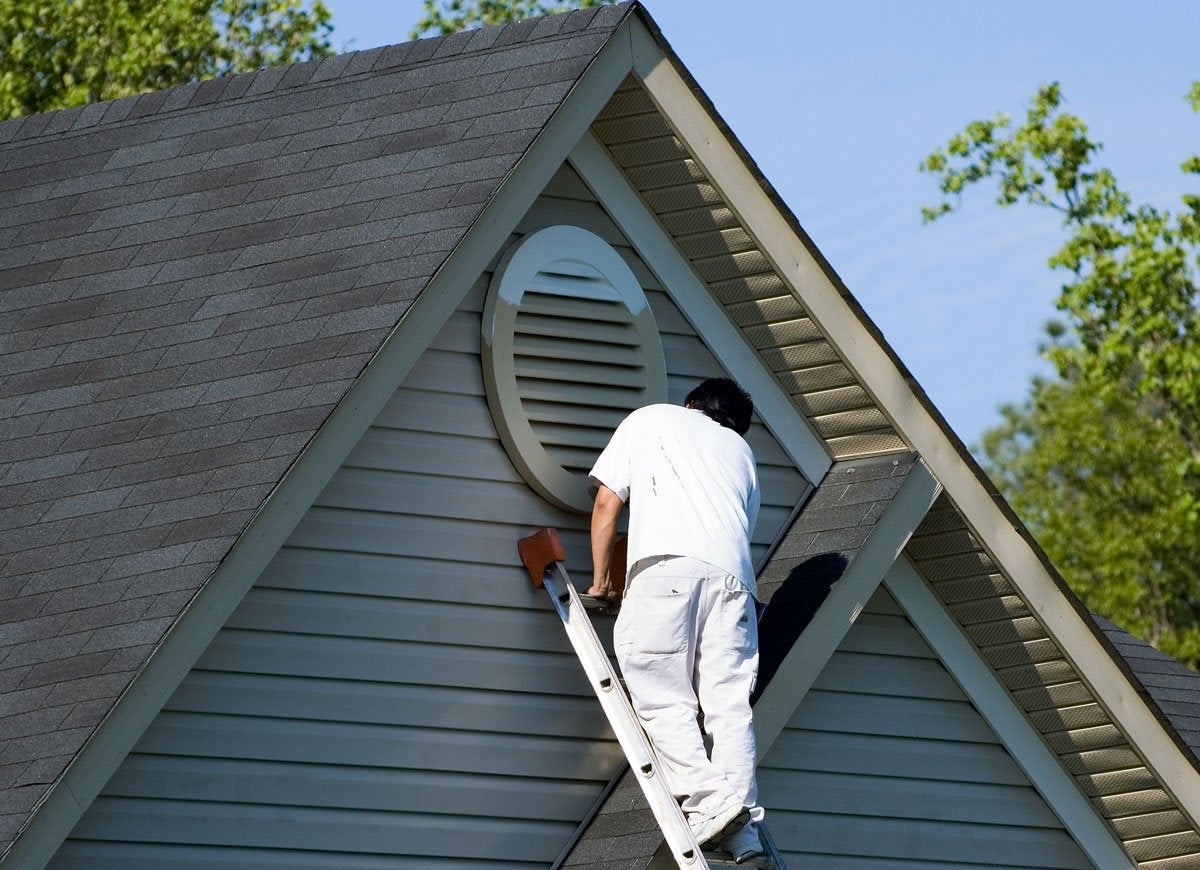
Every so often, exterior paint needs to be refreshed. If you pay extra for high-quality paint and it starts yellowing in a couple of years, you’re obviously going to be upset—but if you did the job yourself, the warranty may have already been nulled. Many paint manufacturers stipulate that the paint must be applied by someone certified in their product to be covered by warranty.
Related: 7 No-Fail Exterior Paint Colors
Bathtub
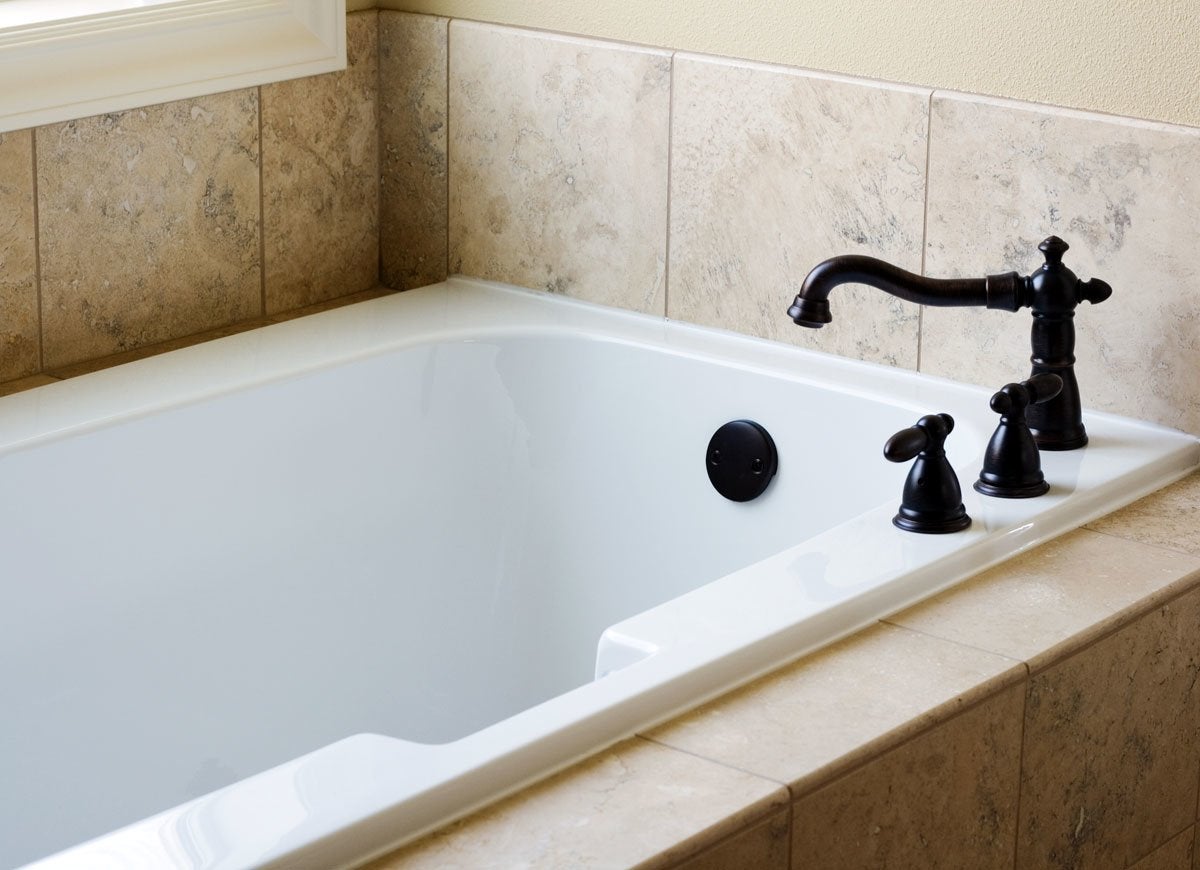
New acrylic bathtubs often look super shiny, but if the finish dulls after a few weeks of use, the manufacturer won’t always replace it. Tub care instructions clearly state which cleaning products can be safely used on the finish. If you relied on a forbidden cleaner that contains damaging chemicals, you may have voided your warranty.
Refrigerator
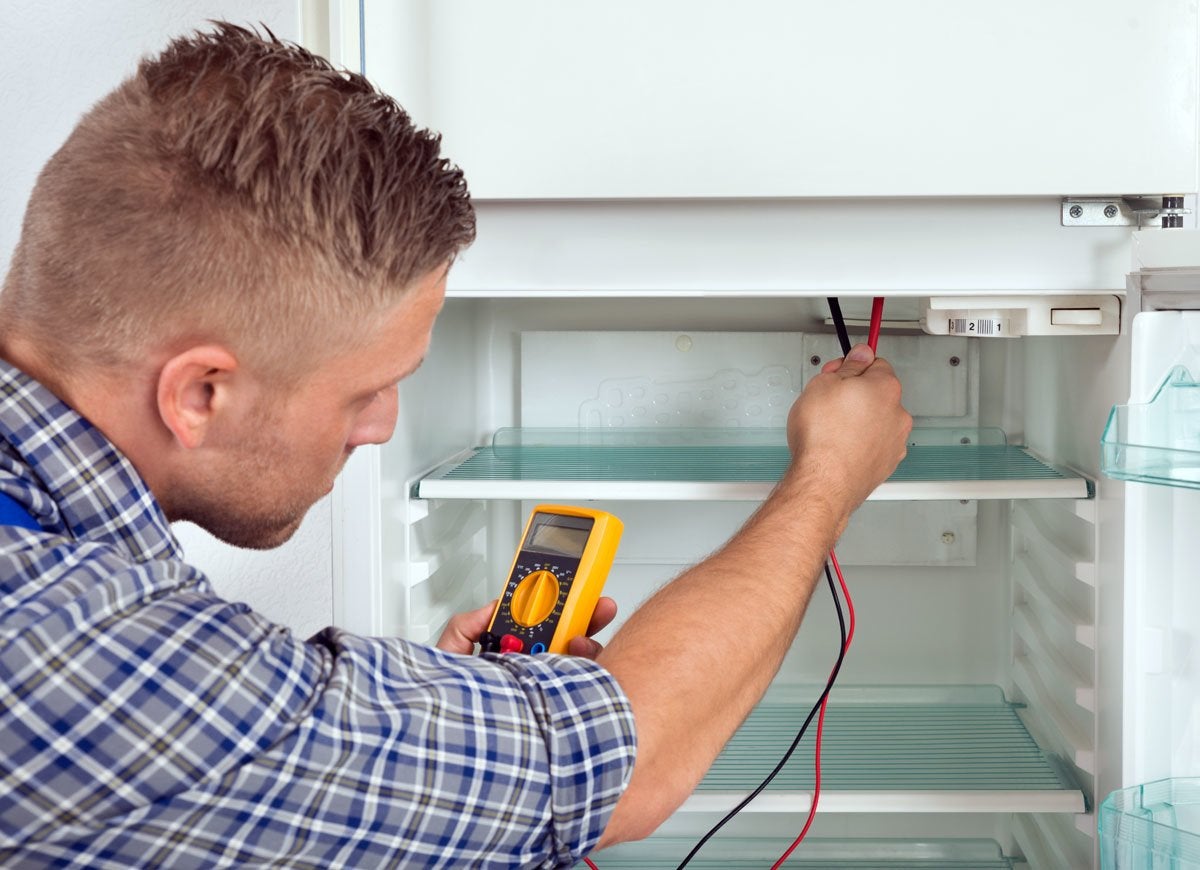
Say your new refrigerator isn’t keeping food cold enough, or frost has been building up in the vegetable drawer. Be sure to call the manufacturer’s service center before you try to fix the appliance yourself. If the center sends out a technician who discovers that you messed with the working parts of the fridge, your warranty will likely become obsolete.
Garage Door
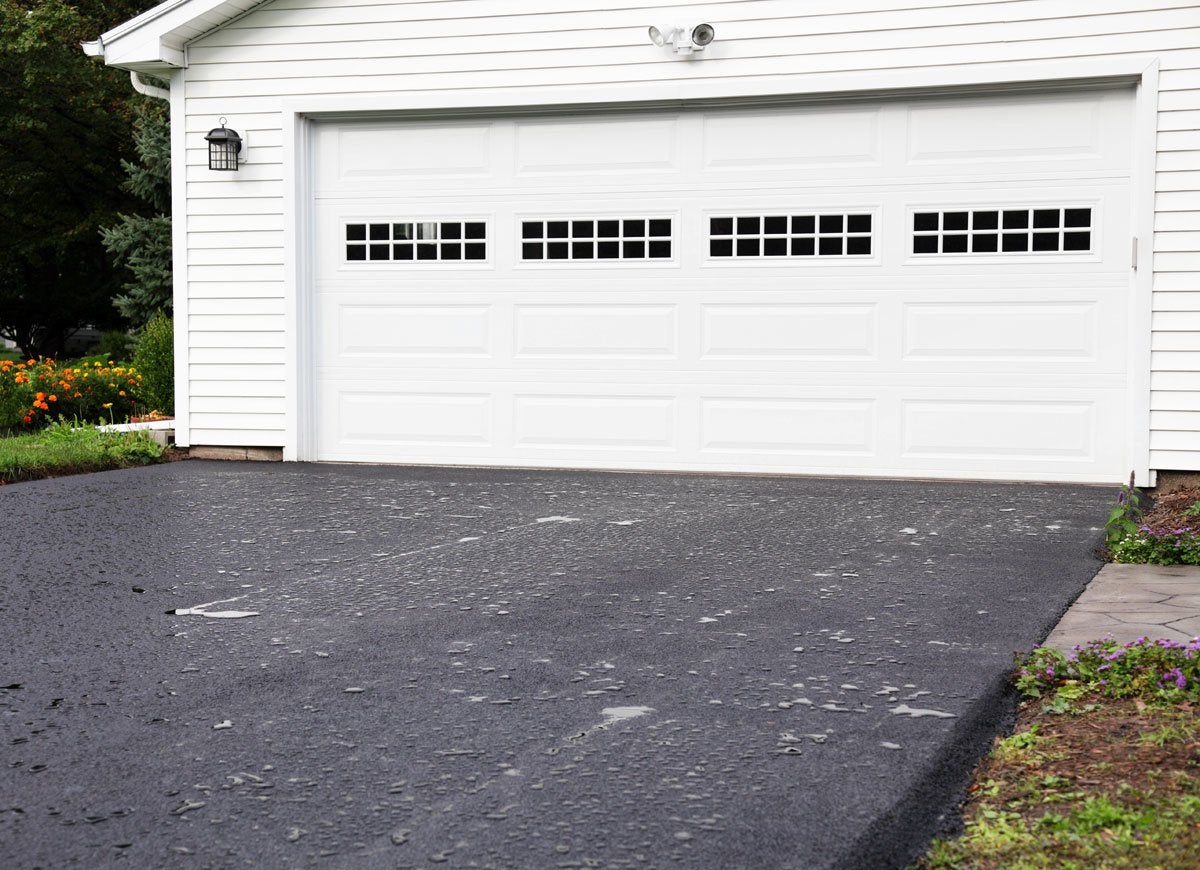
Many homeowners opt to install their own garage door opener, but doing so will most likely void the warranty for the door. If you want to keep your warranty in effect, hire the company who provided your garage door to install the opener.
Concrete

Concrete warranties, which are often provided by the company that installed your driveway or other surface, typically cover damage resulting from defective workmanship. If the concrete begins to flake away, the installers could be at fault, and the issue should be covered by warranty—unless you’ve used de-icing salts. Because salt exaggerates the negative effects of water and ice on concrete, using the substance often results in warranty cancellation. Always opt for de-icing products that are labeled as safe for concrete, and skip any that contain sodium chloride.
Gutters
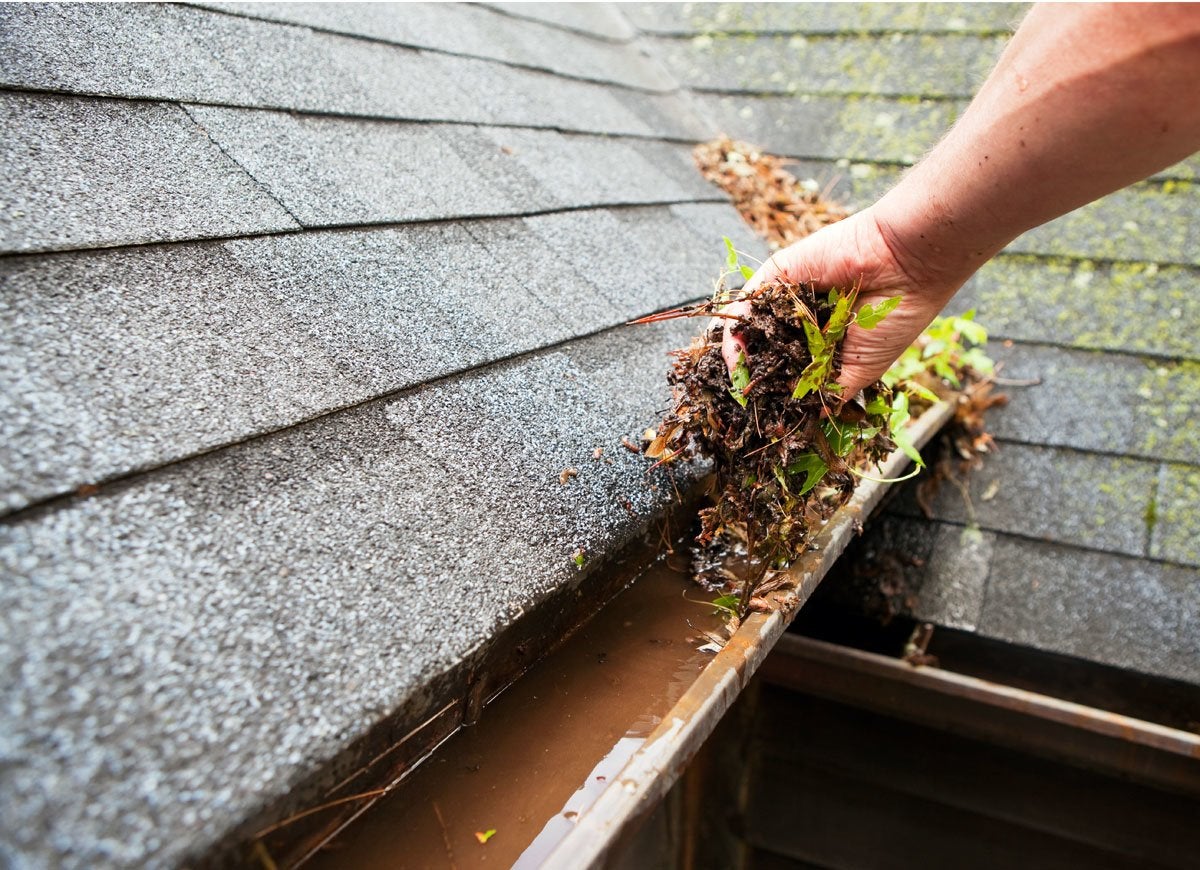
Updating your gutters will boost your home’s curb appeal and protect the foundation, but don’t neglect gutters after installation. Homeowners should clean gutters every fall to remove leaves and debris that can cause clogs. If you fail to clean your gutters or downspouts, and a blockage results in heavy ice buildup that rips off the gutters, the damage won’t be covered by warranty.
Related: 6 Signs You Need New Gutters
Read Carefully

Take a close look at your warranties to make sure you aren’t missing or reading over key information. It’s also smart to save warranties in place that you won’t forget, so when you need to look one over you won’t be scrambling to find it.





